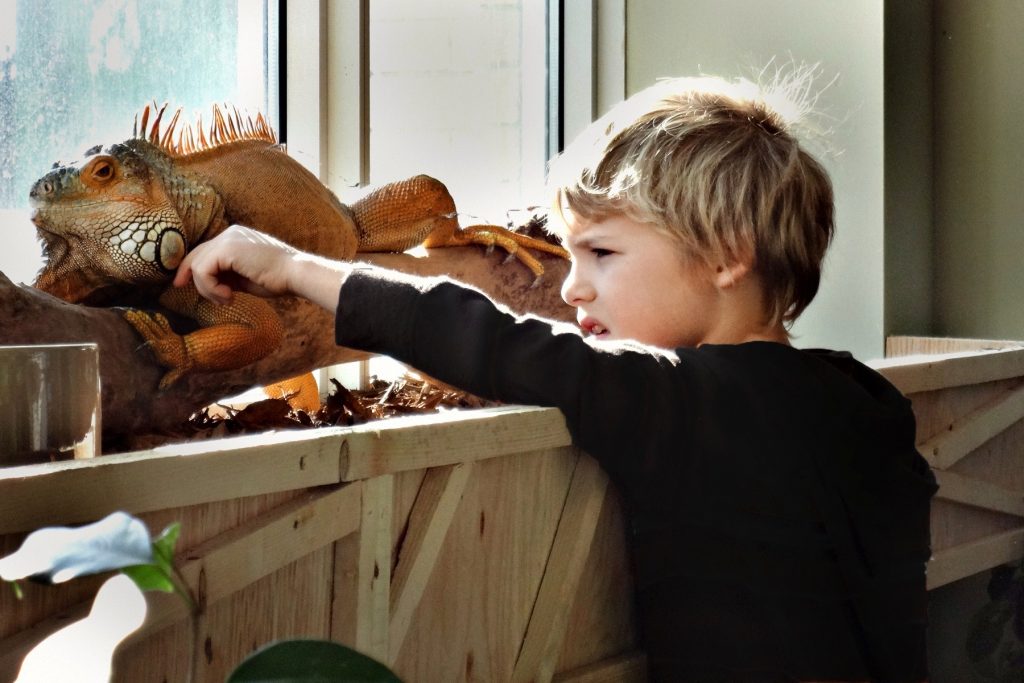Successful educators should not have to work outside of the system in order to find success. Time and time again, stories emerge of amazing teachers who work wonders inside their classrooms but do so by willfully stepping outside of the boundaries set for them by school boards and provincial policies. No, I’m not talking in a legal sense, or at the risk of someone’s health. I mean because years of experience have taught these teachers that current infrastructure is insufficient to spark interest in a child to learn.
What does this mean? How do we change this? Well, for starters we have to look at the historical significance of why education is implemented the way it is today. Zander Sherman’s book, “The Curiosity of School,” details the historical and philosophical influences that have led to current educational practices – and the causes may surprise you. Influences on current educational practices go back at least as far as the 1800’s, all bearing an eerie similarity in motives.
At the heart of historical educational reasoning: the production of soldiers, factory workers, labourers, and specifically characterized citizens. A long time ago, systems were put into place by government to culture students into commodities based on economic and military need. Education was not for expression or free-thinking but for the quashing of it for the sake of a predetermined, almost robotic result. This of course then begs the question, how much of that education is actually for the student?
The answer is not easily defined. We live in a province with outstanding educators, many of whom care deeply for the children under their ward. In effect, they try and put the needs of their students at the forefront to the best of their abilities, and to the best of the resources provided to them. Next to parents, teachers tend to have the most consistent contact with children, and the task can sometimes be thankless. However, they too are often the byproduct of a broken system. They are trained to foster the very mandates they are often compelled to rail against, and this is where we need to speak out for change.
The problem lies, naturally, with infrastructure – an old, bureaucratic set-up that dictates the whats and hows and whens of a child’s development. Ministry mandates, standardized testing, administrative hoops, classrooms with static, desk-ridden children learning by rote. It is an industrialized methodology that has long outlived its purposes. Surely there are better ways of motivating children to learn?
Maria Montessori thought so many years ago. She determined if the purpose of education was to treat the child as a unique individual and not a commodity, then learning would become intrinsic. The process would work with a child’s natural instincts instead of against them.
The emphasis then becomes one of developing the child in a holistic sense. The concern not on their ability to regurgitate formatted lessons, but on placing concepts and ideas into their worldview and discovering how they work. Discovery is the key word here – because it leads to joy, to understanding. It speaks to an inherent sense found in all of us. A sense that can be quickly suppressed at an early age.
Harry Tournemille is a writer and OAC grant recipient living in St. Catharines. He has written on behalf of Beyond Montessori School, a holistic, community-oriented school located near the downtown core – where his daughter attended. The BMS curriculum is enriched with music, visual arts, French, phys ed, eco workshops, peace projects and so much more.
